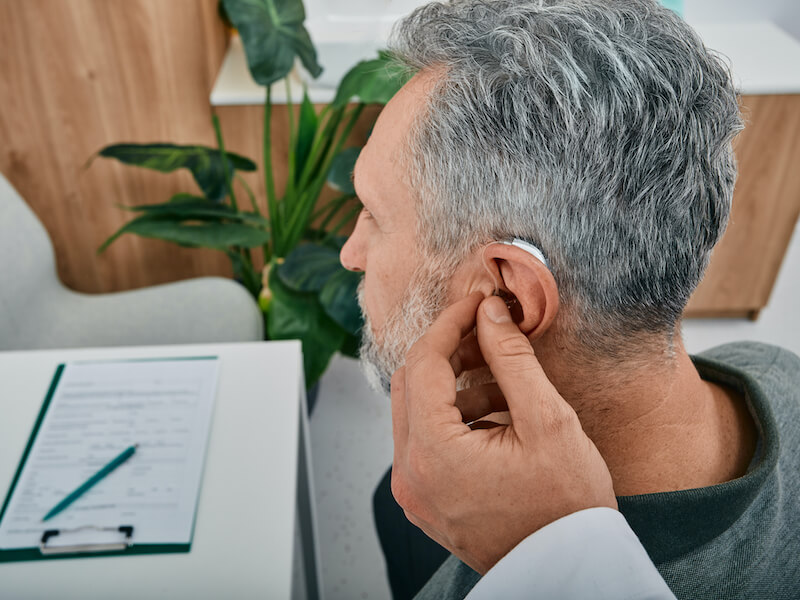
It’s hard to be separated from your hearing aid once you get accustomed to using one. Your hearing aids are, after all, your connection to the world around you. But just like all technology, though, it will have to be upgraded eventually.
The normal lifespan of a hearing aid
From 3 to 7 years will be the typical lifespan of a hearing aid. But that isn’t a set in stone rule, and you’ll need to get your hearing assessed occasionally to be certain your hearing aid is still the best option for your lifestyle. Technology is constantly advancing and some hearing aids need replacing more rapidly than others so it’s good to be open to other options should your hearing change.
There are other things that will affect the longevity of your hearing aids
So hearing aids have an “average” longevity of 3 to 7 years. Meaning that there are plenty of individuals who may see their hearing aids last a lot longer. Here are a few factors that will establish how long your hearing aid should last:
- Functionality: Technology is constantly changing and hearing aids are keeping up with those changes. If you want your hearing aids to connect with your smartphone, television, or other devices, or to just have the sharpest sound, you may want to upgrade.
- Proper care & maintenance: A hearing aid is like most other types of technology in a lot of ways so it should have a longer life if you take better care of it. So, cleaning your hearing aid and doing routine maintenance as the manufacturer recommends is something you should always do.
- How often your hearing aids are used: So if you use your hearing aid more often, you will need to get a new one sooner. Having said that, modern hearing aids are built to last. Actually, it may be more correct to say that the more times you turn on and off the device, the sooner it will need replacing.
- Changes to your hearing: If you’re a grownup and you use a hearing aid, you’ve probably decided on one of those very small, easy to conceal devices. That type of hearing aid can be very precisely fine-tuned and will have exactly the right amount of power you need. You may need to upgrade to a more powerful device if your hearing gets worse.
- Build quality: Investing in hearing aids can be a bit pricey. But, as with most things in life, you usually get what you pay for. Your hearing aid will last longer if it has better construction.
How can you get the most out of your hearing aid?
It’s important to note that hearing aids are a really personal thing. In most cases, they are programmed specifically for your ears and will likely have custom molds. The investment is also considerable. So it’s a prevailing goal to get the most that you can out of your hearing aid.
And it’s one you can accomplish. Taking good care of your hearing aids is the best thing you can do to be sure that your hearing aids last as long as possible. Try not to let them get wet and don’t drop them if you can help it. And be certain you do all the recommended cleaning and maintenance.
You’ll normally be able to get a good five years out of your hearing aid. Whether you can get more than that is, generally, up to chance. But ultimately, you will have to decide. Inevitably, more modern hearing aids provide features you will most likely want. We can help you find the right hearing aid for you, so give us a call right away for an evaluation.
